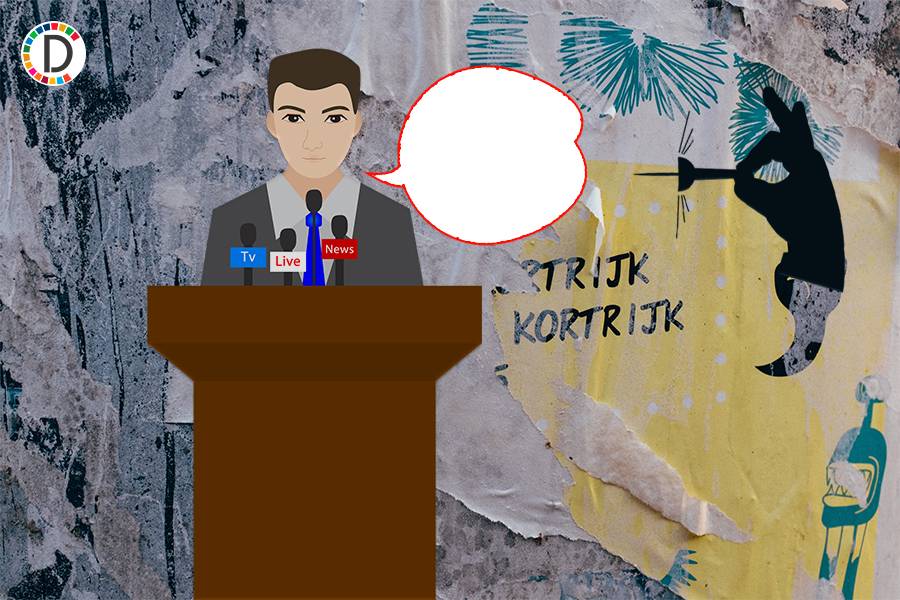Italy approves curbs on costly home incentives rejected by coalition party
While the division does not undermine the government, it does underscore how difficult it is for Prime Minister Giorgia Meloni to trim the schemes backed by previous administrations that have cost the state more than 219 billion euros ($236.80 billion) in four years, hitting Italy's creaking finances. The most generous incentive, the so-called Superbonus, allowed homeowners to deduct the cost of energy-saving work from their taxes over a four-to-10 year period, or use the tax credit as a form of payment when dealing with builders or banks.

Italian lawmakers approved measures on Tuesday to curb costly incentives for home renovations, but coalition party Forza Italia abstained saying the move would harm businesses and banks. While the division does not undermine the government, it does underscore how difficult it is for Prime Minister Giorgia Meloni to trim the schemes backed by previous administrations that have cost the state more than 219 billion euros ($236.80 billion) in four years, hitting Italy's creaking finances.
The most generous incentive, the so-called Superbonus, allowed homeowners to deduct the cost of energy-saving work from their taxes over a four-to-10 year period, or use the tax credit as a form of payment when dealing with builders or banks. The finance committee of the Senate approved an amendment championed by Economy Minister Giancarlo Giorgetti to spread out the impact of the tax credits stemming from the Superbonus scheme over 10 years. The provision retroactively applies to all payments incurred since January this year.
Foreign Minister Antonio Tajani, leader of Forza Italia, had pushed to ease the curbs, siding with business and banks that complained the retroactive nature of the plan would devalue part of the tax credits they had already taken as payment. While Forza Italia refrained from participating in the committee vote, a majority of lawmakers backed Giorgetti and approved the package, which is expected to be definitely passed by both houses of parliament by the end of this month.
Despite the abstention, party sources say Forza Italia remains loyal to Meloni's government. The new curbs are designed to allow Italy to restore its stricter deficit targets for the next two years, which were set in September.
At the time, the government promised to cut the fiscal gap to 3.6% of GDP in 2025 from 4.3% this year, and to 2.9% in 2026. Under current trends, the deficit is seen by the Treasury slightly higher at 3.7% next year and 3% in 2026. Giorgetti on Tuesday acknowledged the building incentives had helped Italy's post-COVID recovery, but said they were unsustainable and had "drugged" the economy.
"You have to get off drugs, drugs are not a good thing," he told a conference in Milan, in reference to the Superbonus. The Senate amendment also rules that banks that bought tax credits will have to use them to cut their tax bills over six years from 2025 onwards. The measure does not apply to lenders that purchased credits at 75% of their face value or more.
Moreover, starting from next January, banks, insurers and financial service companies will no longer be allowed to use tax credits to offset payments of social security contributions. The Senate also voted to postpone the introduction of a contested tax on plastic for two years until July 2026, and pushed back by one year a tax on sugary drinks which will now come into effect in July 2025 instead of July this year.
($1 = 0.9248 euros) (Editing by Nick Macfie, Gavin Jones and Alison Williams)
(This story has not been edited by Devdiscourse staff and is auto-generated from a syndicated feed.)
ALSO READ
Italian PM Giorgia Meloni Affirms Strong EU and US Relations
Italian Journalist Fined for Body Shaming Premier Giorgia Meloni
Italian PM Giorgia Meloni's Party Opposes Ursula von der Leyen's Second Term
Journalist Fined for Mocking Italian PM Giorgia Meloni on Social Media
Italian PM Giorgia Meloni Ventures to China to Boost Trade Ties










